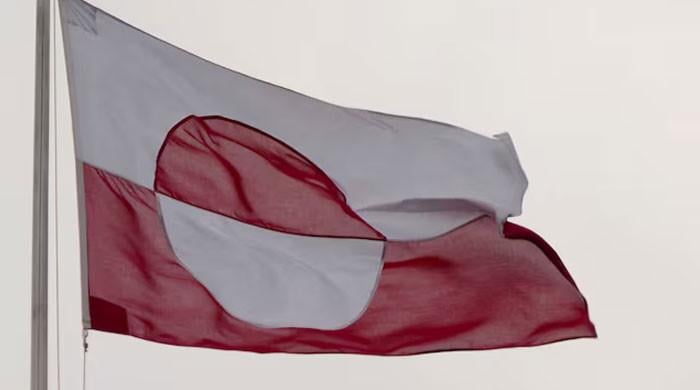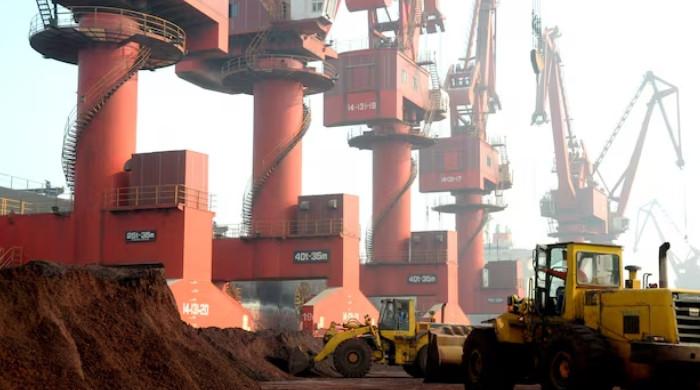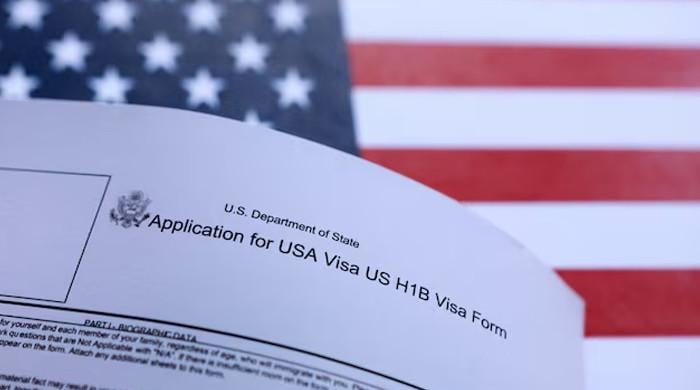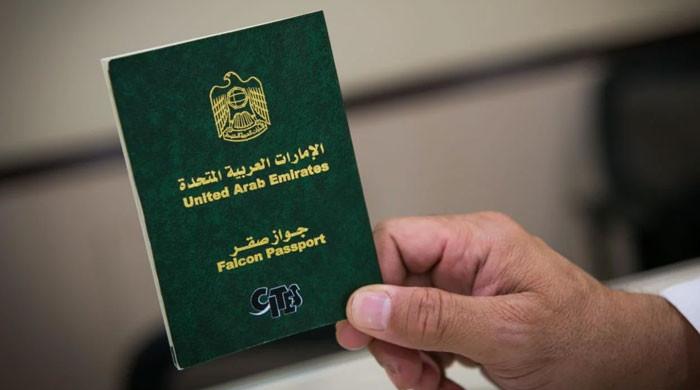Coronavirus claims first victim in Europe
Beijing’s latest figures on Saturday showed 66,492 cases and 1,523 deaths, mostly in central Hubei province
February 15, 2020
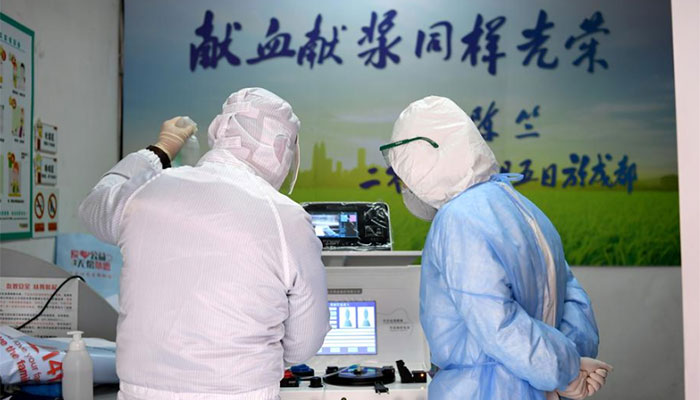
SHANGHAI/PARIS: An elderly Chinese tourist infected with the coronavirus has died in France, becoming the first fatality in Europe and the fourth outside mainland China from an epidemic that has rattled the world, according to Health Minister Agnes Buzyn.
Thought to have originated from a wildlife market in the Chinese city of Wuhan, the outbreak has dented the world’s second largest economy and presented a huge challenge to the ruling Communist Party.
Beijing’s latest figures on Saturday showed 66,492 cases and 1,523 deaths, mostly in central Hubei province. Outside mainland China there have been about 500 cases in some two dozen countries and territories, with four deaths in Japan, Hong Kong, the Philippines and France.
In the French case, the 80-year-old Chinese man died at the Bichat hospital in Paris of a lung infection due to the flu-like virus, Health Minister Agnes Buzyn said.
After an extended Lunar New Year holiday, China urgently needs to get back to work. But some cities remain in lockdown, streets are deserted, employees are nervous, and travel bans and quarantine orders are in place around the country.
Those returning to Beijing from the holiday have been ordered to undergo a 14-day self-quarantine to prevent the virus’ spread.
Many factories are yet to re-open.
While there has been some hope expressed this week that the flu-like disease may be peaking in China, numbers keep rising and a trend has been hard to discern, especially after a reclassification that widened the definition of cases.
The biggest cluster of cases outside China has been on a cruise ship, the Diamond Princess, quarantined off Japan’s Yokohama port. Out of about 3,700 passengers and crew on board, 285 people have tested positive and been taken to hospitals.
The United States said on Saturday it plans to send an aircraft to pick up American passengers and take them back home where they face another two weeks of isolation “out of an abundance of caution”.
“They are very concerned about spreading the virus, and there’s no good way to transport people from Japan without possible transfer of virus, so it is the logical thing to do,” passenger Sawyer Smith, 25, told Reuters.
BEIJING UPBEAT
The United States has imposed some of toughest curbs on travelers from China, going beyond World Health Organisation (WHO) recommendations and offending Beijing. China has called for science-based responses and not panic.
In Chinese-ruled Hong Kong, which has seen months of anti-Beijing protests, hundreds of demonstrators marched on Saturday to demand full closure of the border with mainland China and to oppose plans to turn some buildings into quarantine hubs.
“Doing that (opening such centers) is like creating more wounds rather than trying to stop the bleeding,” said Chan Mei-lin among the protesters. TV images showed police making some arrests and using pepper spray.
The sickness, now officially labeled Covid-19, has killed around 2% of those infected. Cases have spread faster than other respiratory viruses this century.
A senior Chinese official sought to project optimism on Saturday.
“The impact of the epidemic on the Chinese economy will be short term and temporary,” foreign affairs vice minister Qin Gang said at the Munich Security Conference.
“When the epidemic is over, the subdued consumer demand will be released rapidly and the economy will rebound strongly.”
The Chinese central bank said on Saturday the country’s lenders will tolerate higher levels of bad loans as part of efforts to support firms hit by the epidemic.
“We will support qualified firms so that they can resume work and production as soon as possible, helping maintain stable operations of the economy and minimizing the epidemic’s impact,” said Fan Yifei, a vice governor at the People’s Bank of China.




